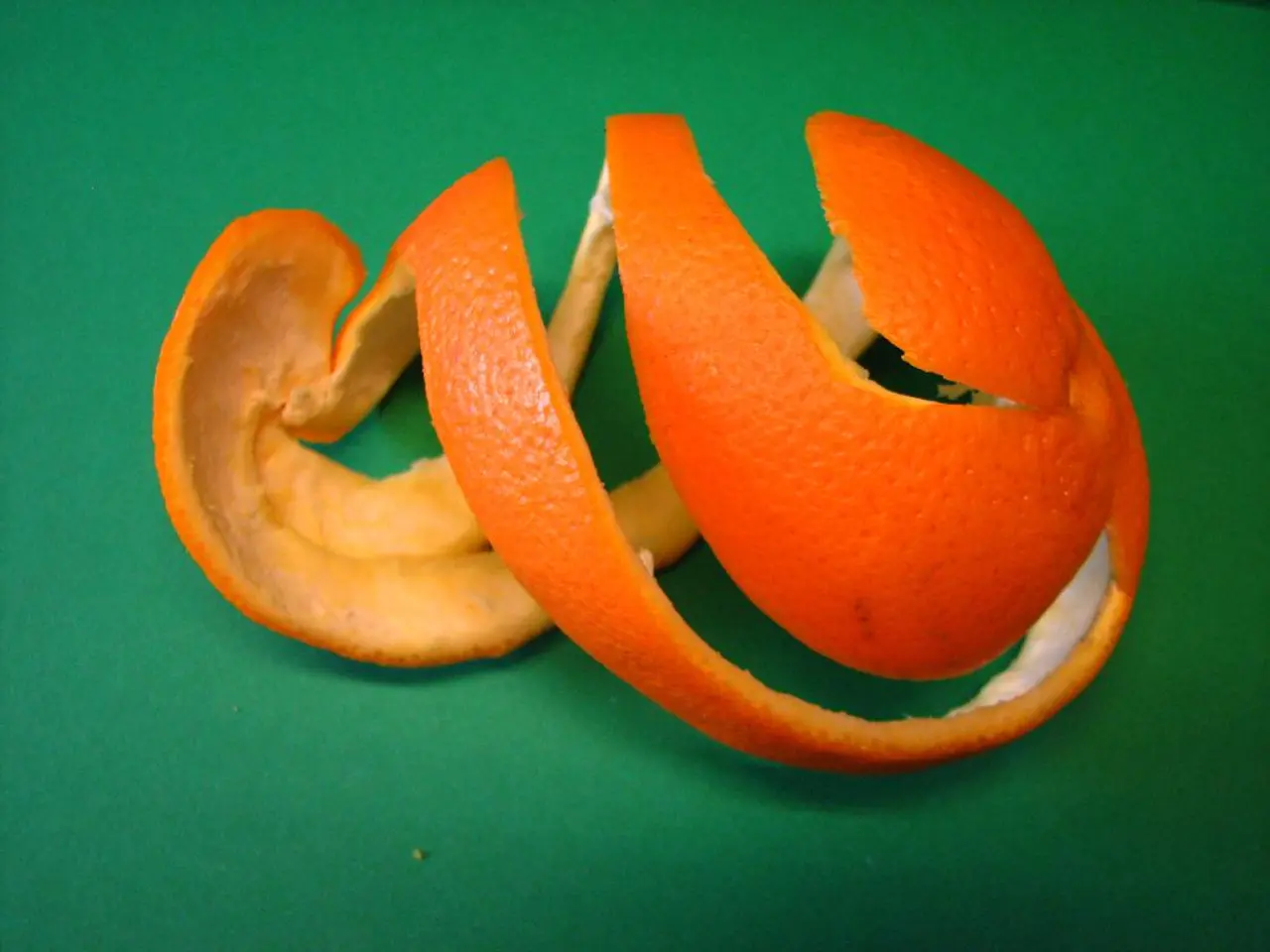Causes of Exfoliation: Understanding Skin Peeling
Skin peeling, also known as desquamation, can affect people of all ages and skin types. This common issue can be caused by various factors, including dry skin, exposure to chemicals, dehydration, allergies, eczema, fungal infections, psoriasis, sunburn, and genetic conditions like ichthyosis.
Common Symptoms
Typical symptoms associated with skin peeling are dryness and cracking, redness, irritation, or inflammation, itching or stinging sensations, scaling or flaking, tender or sore skin, possibly bleeding if cracked, especially in psoriasis, and in fungal infections, peeling may be accompanied by redness, itching, burning, odor, and raw skin.
Treatment and Prevention
Treatment generally involves moisturizing for dry skin, avoiding irritants, using antifungal medications for infections, and managing inflammatory conditions with topical or prescription treatments depending on the cause. Moisturizing regularly is one of the most effective ways to prevent skin peeling. It is best to let peeling skin shed naturally, do not peel it off or exfoliate.
Over-the-counter remedies for mild cases of peeling skin include moisturizers, hydrocortisone cream, aloe vera gel, barrier repair creams, and prescription treatments may be necessary for severe, persistent, or condition-related peeling. Coconut oil, honey, and Aloe vera can help hydrate and soothe the skin. Omega-3 fatty acids help maintain skin hydration and reduce inflammation.
Topical corticosteroids can help reduce inflammation in skin conditions, while antihistamines can help alleviate symptoms of allergic reactions causing peeling. Anti-inflammatory medications can help reduce discomfort associated with peeling.
If large areas of your skin are peeling, consult a healthcare provider. If peeling is accompanied by other concerning symptoms like fever, significant swelling, or pus, it could indicate an infection or a more serious issue. Skin typically stops peeling within a week after a mild sunburn. If the peeling is painful, especially if it is coupled with other symptoms like blisters or sores, seek medical help.
Prevention and Protection
Wear protective clothing like hats, sunglasses, and long sleeves when outdoors. Apply a broad-spectrum sunscreen with at least SPF 30 daily to protect from UV rays. Sunburns are one of the leading causes of skin peeling due to excessive UV radiation exposure.
Oatmeal baths can relieve itchiness and dryness, especially for conditions like eczema. Know your triggers, such as certain products or allergens, to avoid them. Allergic reactions to products or environmental factors can cause skin peeling due to an immune system response.
Vitamin C is essential for collagen production in the skin, while Vitamin A promotes cell growth and repair. Retinoids might be recommended for severe skin conditions like psoriasis. Antioxidant-rich foods like berries, spinach, and green tea can protect skin from oxidative stress.
If skin continues to peel despite best efforts, seek medical attention. If peeling is caused by retinol, it is often a normal sign that it is renewing your skin. Over time, your skin will adapt, and the peeling should subside. Avoid harsh products containing alcohol or strong fragrances to prevent peeling.
For chronic skin conditions such as eczema and psoriasis, skin peeling can occur due to inflammation and rapid cell turnover. If you have tried various treatments and your skin is not improving, a dermatologist can help diagnose the issue and recommend a more effective treatment plan.
[1] Mayo Clinic. (2021). Skin peeling: Causes, symptoms, and treatment. https://www.mayoclinic.org/diseases-conditions/skin-peeling/symptoms-causes/syc-20376333
[2] American Academy of Dermatology. (2021). Skin peeling. https://www.aad.org/public/diseases/a-z/skin-peeling
[3] National Eczema Association. (2021). Skin peeling and eczema. https://nationaleczema.org/eczema/skin-peeling/
[4] Cleveland Clinic. (2021). Skin peeling. https://my.clevelandclinic.org/health/symptoms/15177-skin-peeling
- Incorporating ceramides in a skincare routine can help strengthen a skin barrier, especially for sensitive skin, preventing dryness and protecting from environmental stressors.
- Using a sunscreen with hyaluronic acid is beneficial, as it can hydrate the skin while offering protection from the sun.
- For vegan skincare lovers, serums containing retinol can be found in many health-and-wellness stores, providing benefits such as reducing wrinkles and promoting cell turnover.
- Science and medical-conditions have shown that CBD oil can help reduce inflammation and soothe sensitive skin, making it a useful addition to a skincare routine.
- To prevent skin peeling caused by sunburn, it's important to seek shade during peak sun hours, wear protective clothing, and reapply sunscreen every two hours while outdoors.
- In some skincare routines, oatmeal can be added to bathwater or used as a facial mask to alleviate itching and dryness commonly associated with eczema and other skin conditions.
- If you have persistent skin peeling or if it's accompanied by other medical-conditions like fever, significant swelling, or pus, it's essential to consult with a healthcare provider or dermatologist for further assessment.




